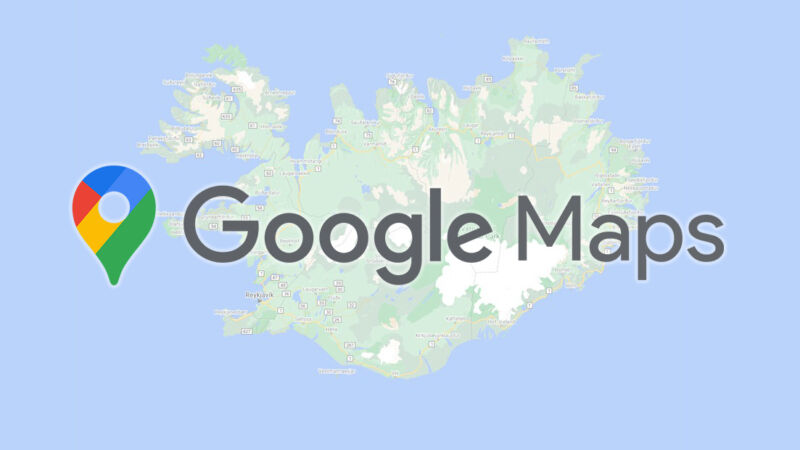
Google announced big changes to its most legally fraught set of user settings: your location data. Google's misleading Location History descriptions in Google Maps have earned it several lawsuits in the US and worldwide. A quick count involves individual lawsuits in California, Arizona, Washington, a joint lawsuit in Texas, Indiana, and the District of Columbia, and another joint lawsuit across 40 additional US states. Internationally, Google has also been sued in Australia over its location settings. The point is that any change to Google's location settings must have some motive behind it, so bear with us while we try to decode everything.
Google's big new location data change is a new, duplicate data store that will live exclusively on your device. Google's new blog post says data for the long-running Google Maps Timeline feature will now "be saved right on your device—giving you even more control over your data." That's right, one of the world's biggest Internet data companies advocates for local storage of your location data.
The company continues, "If you’re getting a new phone or are worried about losing your existing one, you can always choose to back up your data to the cloud so it doesn’t get lost. We’ll automatically encrypt your backed-up data so no one can read it, including Google." Users will apparently have lots of control over this new locally stored data, with Google saying, "Soon, you’ll be able to see all your recent activity on Maps... in one central place, and easily delete your searches, directions, visits, and shares with just a few taps. The ability to delete place-related activity from Maps starts rolling out on Android and iOS in the coming weeks."
Read 5 remaining paragraphs | Comments
Ars Technica - All contentContinue reading/original-link]




